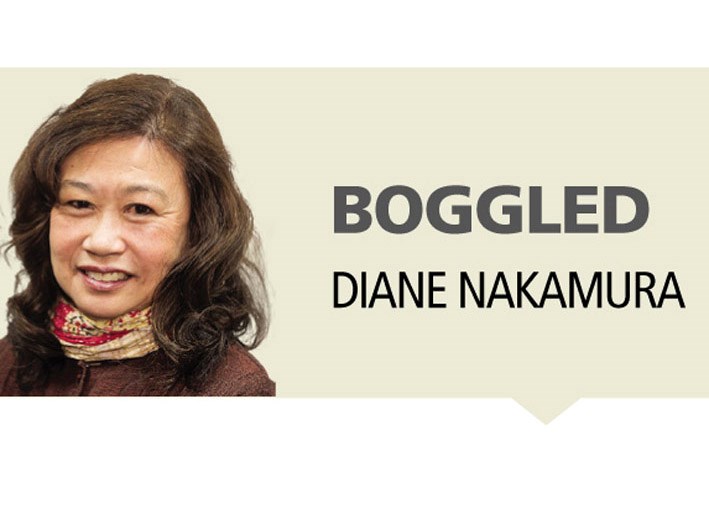As no two people are alike, this same principle applies to brain injury.
Every brain injury survivor has their own set of symptoms, methods of coping, treatments that work for them and different rates of recovery.
And all of this is dependant on a number of factors, such as location of injury in the brain, how quickly the injury was diagnosed, appropriate treatments and services that were available, at what age the injury occurred, secure housing, food security and adequate personal supports.
Through the Brain Injured Group (BIG), I have met many people who went for many years not knowing they had a brain injury.
Twenty-plus years ago, survivors often went without medical intervention because brain injury awareness was not common knowledge back then. As a result, there were huge misunderstandings made that led to people dropping out of school, losing their jobs, and development of strained relationships with family and friends.
I don't assume that people purposely say hurtful things to survivors. But the emotional damage that is done because of thoughtless comments is significant. The culprits are family, friends and medical, social services and other professionals. Sadly, the folks that survivors count on for support are often the ones who tear us down.
These are the types of comments that are made to us:
"It doesn't look like you're trying to get better."
“It must be nice to have someone come in and clean your house." "You're lucky you get paid to stay home."
Seriously?
Most of us survivors already do a great job of making ourselves feel worthless. We honestly don't need help in this department. So if you're not prepared to say anything supportive or kind, please don't say anything at all.
The negative comments prevent us from accessing professional help. We also isolate ourselves from our loved ones or have limited contact with them. And we are the ones who are told to make extra efforts to get along with people. Small wonder we often hide from the world.
The truth about brain injury is that the impact on survivors is extremely varied. Some people recover quicker and their symptoms are temporary or have little lasting effects. For others, there is seemingly no progress and they are disabled for the rest of their lives. To compare one survivor's journey to another is like comparing apples to oranges.
Brain scans only pick up fractured skulls and brain bleeds (strokes). Many are not aware that strokes cause brain injury.
Brain scans cannot detect damaged neurons and receptors, which cause huge disruption to every aspect of functioning - from memory to walking. Just because the scans come back clear doesn't mean a brain injury doesn't exist.
The medical professionals need to upgrade their tool bags. Last year, I went to see a specialist. I was in his office for all of 15 minutes. He told me: "Your scans came back normal so you're fine. My recommendation is you go back to work. It's not good for you to do nothing all day."
It's a good thing my feelings aren't easily hurt. He obviously didn't review my psychological reports or my testing scores.
When I go out in public, I make certain I am dressed well so I make a good impression. Perhaps my thinking about this is wrong. Because brain injury is an invisible disability, people make assumptions based on what they see on the outside.
Maybe I'll start wearing a helmet.
It will look cool with my mask.



